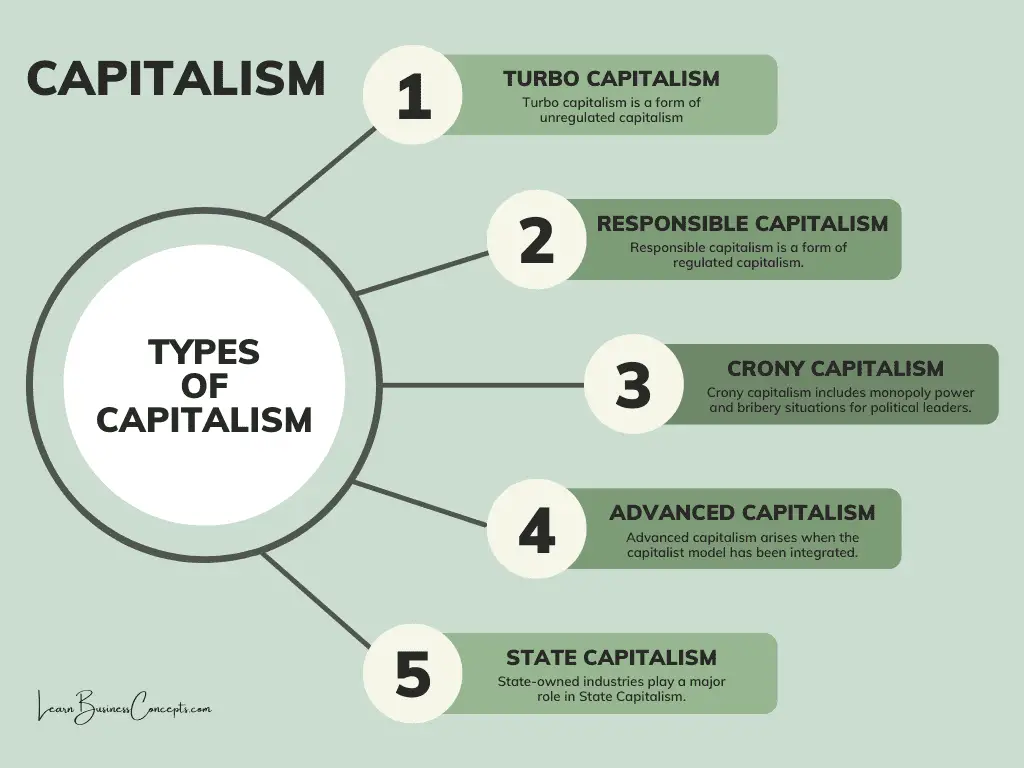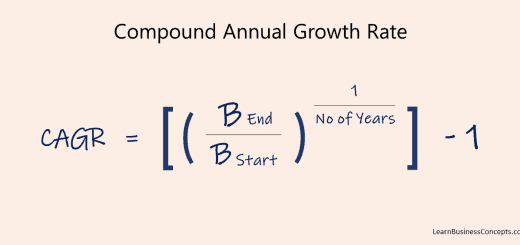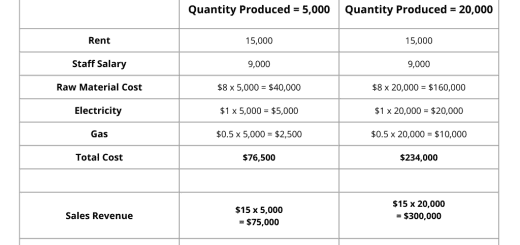What is Capitalism? Definition, Types, Explanation
Definition of Capitalism
In simple terms, capitalism is when the economic system is dominated by free markets, private businesses, and private individuals’ asset ownership.
Capitalism is an economic system in which the entire trade is controlled by private entities for profit motive in a free market term. In Capitalism economic system, private businesses/individuals own the capital goods of a country. Capitalists (private individuals/businesses) can onboard workers to do the operational work of a production cycle in return for salary/wage.
Types of Capitalism

1. Turbo Capitalism (Unrestrained Capitalism or Free Market Capitalism)
Turbo capitalism is a form of unregulated capitalism. An unregulated form of capitalism can arise with fewer financial regulations, a high level of privatization, and a lower level of tax on high earners.
In turbo-capitalism, lower taxation policies give greater rewards to high-income earners. With an unregulated labor market, businesses can easily hire and fire workers.
In the 1980s, financial deregulation, privatization, and tax cuts were applied to the wealthy. It resulted in rising income inequality and an unsustainable credit bubble from 2001 to 2007.
2. Responsible Capitalism
Responsible capitalism is a form of regulated capitalism with the state protecting social welfare. This is a free market economy with government regulations in place to protect equalism.
Responsible capitalism includes a state to protect society like those who are unemployed or on low incomes. This includes a progressive tax system with high earners paying a higher % of their income to fund government spending.
3. Crony Capitalism
Crony capitalism includes monopoly power and bribery situations for political leaders. In crony capitalism, businesses succeed in bribing
high authority officials such as civil servants, politicians, and those in authority.
In the early twentieth century, US business leaders had to buy politicians in return for certain favors.
4. Advanced Capitalism
Advanced capitalism arises when the capitalist model has been integrated deeply for an extensive period. This refers to societies where capitalism is firmly inducted. There is overall acceptance of the status quo and little political activism over political issues.
Advanced capitalism is a macroeconomic and macro-cultural system that enhances the importance of consumerism. Also, the worst extent of capitalism will be overcome by establishing welfare in society.
5. State Capitalism
State-owned industries (both government and private) play a major role in the market economy in State Capitalism. Both government and private state-owned industries collaborate in state capitalism. For example, investment decisions on energy, transportation, and telecommunication done by state-owned industries.
But in state capitalism, the political control is much higher in the economic system. It is an economic system in which private capitalism is modified by a varying degree of government ownership and control.
Capitalism Explanation with Examples
Capitalism is the economic system in which private entities control assets as per their interests. Private businesses/individuals own the capital goods of a country in this economic system, with the motive to make a profit.
As an example, the business/individual can buy land and build a factory. The business/individual can source the machinery, tools, and raw materials, and also hire people to work for a salary. Factory operations can be started where the business/individual can get the profits for the investment that they made, using the assets of the country. Factory employees can not claim ownership of the production or generated profits. The assets and profits are owned by the capitalists (businesses/individuals).
Capitalism refers to an economic system where private businesses can have ownership of capital goods. As per capitalism meaning, individuals can privately own means of production. In capitalism, the production of products is according to the situation in the market. There is no centralized planning in capitalism by governments. Nevertheless, in modern times, governments do exercise some level of control.
Read More:


